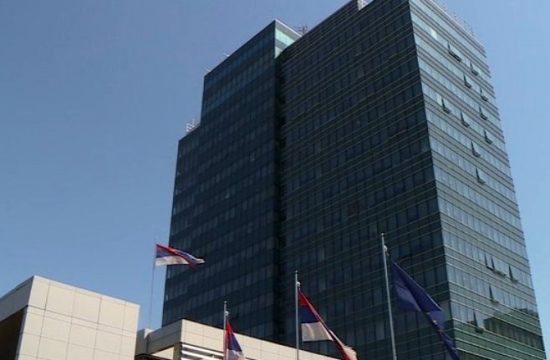Greek Prime Minister and his Macedonian counterpart agreed on a 27-year-long dispute over the name of former Yugoslav southern republic, both Alexis Tsipras and Zoran Zaev confirmed on Tuesday.
“We have a deal,” Tsipras said in Athens, while Zaev told a news conference in Skopje that “a twenty odd years dispute was over.”
Under the deal, the country known at the United Nations as Former Yugoslav Republic of Macedonia (FYROM) will be named Republic of North Macedonia.
Its language will be Macedonian, and its people will be known as Macedonians (citizens of the Republic of North Macedonia).
They also agreed that the new name would be used both internationally and bilaterally.
Macedonia's parliament has to back the agreement before European Union leaders meet for a June 28 summit.
Greece will then send a letter to the EU withdrawing its objection to accession talks and a message to NATO which will then invite Skopje to join the Alliance.
The dispute has been halting Macedonia from joining NATO and starting the accession talks with the EU for years.
The Macedonian referendum on the name issue is scheduled for September or October.
The yes vote will enable the government to change the constitution, while Athens will also have to ratify the accord in the Parliament.
However, many political parties in Greece are unlikely to back the new name since Greeks are generally opposed to any variation that includes Macedonia saying it implies Skopje’s territorial claim to the Greek province of the same name bordering Macedonia.
The two countries’ prime ministers will still have to agree on many details from the accord when they sign it on a border in Prespa, on Saturday.
The Athens – Skopje agreement envisages a transitional period for the changes to the internal Macedonian documents which is also necessary for the country to get the NATO invitation and start the EU accession negotiations.
If the things go smoothly, the EU Foreign Ministers’ Council on June 25-26 and the summit on June 28-29 will decide to open negotiations with support from Germany and despite the objections by France and Netherlands.
The Athens – Skopje accord also envisages that NATO will invite North Macedonia to join the Alliance on July 11 during its Summit if the country amends its constitution by then.
If any problem occurs, the two prime ministers will probably have to call the mediator Matthew Nimetz , a US diplomat who has shuttled between Athens and Skopje searching for a deal since 1994, to sort it out.




